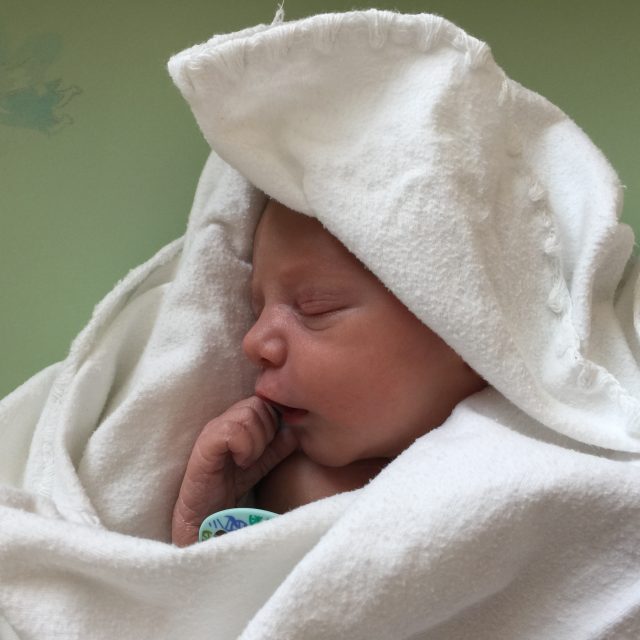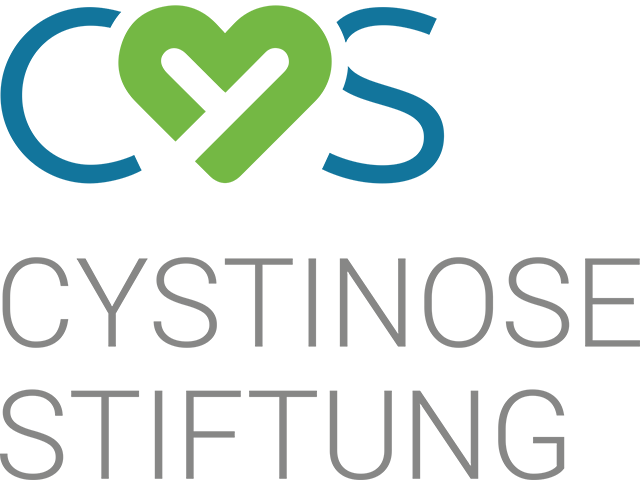Newborn screening
It is planned to develop the scientific basis for newborn screening for cystinosis.
Background:
The aim of this project is to create the methodological basis for expanding the existing newborn screening for patients with cystinosis and spinal muscular atrophy.
The underlying hypothesis is that a molecular genetic examination of the cystinosin gene from a dry blood card in newborn screening can identify newborns with infantile, nephropathic cystinosis and treat them with systemic therapy with cysteamine at the earliest possible stage.
The goal is to avoid the kidney disease that is otherwise characteristic with cystinosis, by starting therapy as early as possible. Starting therapy after the manifestation of the disease in most cases leads to complete kidney failure with the need for a kidney transplant in the long term.
Newborns with cystinosis are clinically normal in the first months of life. A search test based on evidence of increased intracellular cystine is currently unthinkable. The most reliable evidence can currently only be provided by the molecular genetic analysis of the cystinosin gene.
Implementation:
The project is carried out by the Cystinosis Foundation in co-operation with the Screening Labor Becker in Munich and the Labor Janzen in Hannover.
It is planned to examine a total of 250,000 children after birth for cystinosis and 150,000 children for spinal muscular atrophy. The examination is carried out from the dry blood cards of normal newborn screening, if the parents agree. The project is offered in the catchment areas of the two screening laboratories.
Model project: Scientific basis for a newborn screening for cystinosis
Financing:
This project is supported by the Sternstunden e.V., the Herzenssache e.V., the Dietmar Hopp Foundation and the Cystinosis Foundation.


